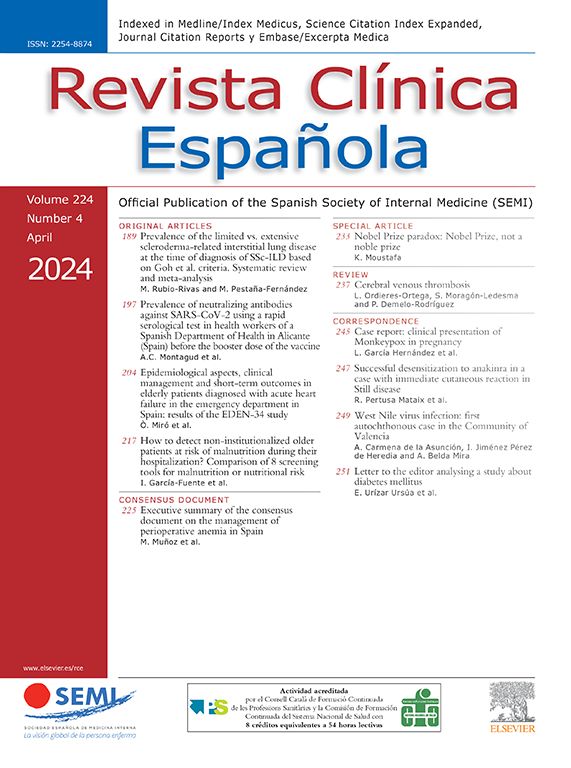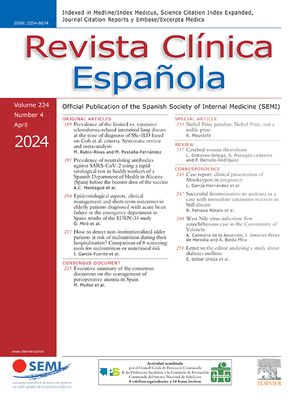Western societies are characterized by a growing medicalization of life events, such as pregnancy, aging, or even death. Three concepts -medicalization, wish-fulfilling medicine, and disease mongering- are key in understanding the current practise of Medicine. Quite surprisingly, not a single study has addressed the relationship between all three of these concepts. The term medicalization expanded under the open-ended concept of health developed by the World Health Organization in 1946. One of the consequences of medicalization is the transition from patients to clients. Physicians are under increasing pressure to meet the insatiable demands of their clients. The term wish-fulfilling medicine refers to the increasing tendency of medicine to be used to fulfill personal wishes (i.e. enhanced work performance). The insatiable demand for healthcare is troublesome, particularly in Europe, where the welfare states are more and more under pressure. Finally, the term disease mongering refers to attempts by pharmaceutical companies to artificially enlarge their “markets” by convincing people that they suffer from some sickness and thus need medical treatment. Typical examples of disease mongering are social anxiety disorder, low bone mineral density, and premature ejaculation. Currently, some Public Health Services could be on the brink of collapse as they “navigate” between the scarce resources available and the users’ insatiable health demands. Therefore, it appears necessary to generate clear-cut Public Health Services Port-folios.
Las sociedades occidentales se caracterizan por una creciente medicalización de la vida cotidiana (p. ej., embarazo, envejecimiento y muerte). Tres conceptos –medicalización, medicina del deseo e invención de enfermedades– son fundamentales para entender la práctica actual de la Medicina. Resulta sorprendente que la relación entre los 3 términos apenas haya recibido atención en la comunidad científica. El término medicalización se expandió bajo el paraguas del concepto de salud ilimitado desarrollado por la Organización Mundial de la Salud en 1946. Una de las consecuencias de la medicalización es la transición de pacientes hacia clientes. Los médicos están cada vez bajo una mayor presión por parte de las insaciables demandas de salud de sus clientes. El término medicina del deseo hace referencia precisamente a la tendencia creciente a usar la Medicina para satisfacer los deseos personales (p. ej. aumento del rendimiento laboral). Esta insaciable demanda de salud es problemática, particularmente en Europa, donde los Sistemas de Salud Públicos están bajo una presión creciente. Finalmente, el término «invención de enfermedades» se refiere a los intentos de la industria farmacéutica para aumentar de manera artificial sus «mercados» al convencer a la gente (clientes) que sufren una enfermedad (previamente inexistente), para la cual necesitan un tratamiento. Algunos ejemplos de este último término son la fobia social o la eyaculación precoz. En la actualidad, algunos Servicios Públicos de Salud podrían estar cerca del colapso económico derivado de unos recursos cada vez más escasos y una demanda (deseos) de salud cada vez más insaciable. Por lo tanto, parece necesaria la creación de carteras de salud claramente definidas en aquellos países con Sistemas de Salud Públicos.
Article
Diríjase desde aquí a la web de la >>>FESEMI<<< e inicie sesión mediante el formulario que se encuentra en la barra superior, pulsando sobre el candado.

Una vez autentificado, en la misma web de FESEMI, en el menú superior, elija la opción deseada.

>>>FESEMI<<<





